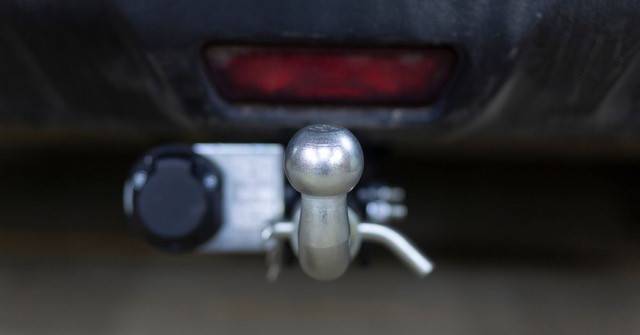Driving After a Stroke
The implications of a stroke are far-reaching, altering the course of an individual’s life in profound ways. One aspect of everyday life that can be significantly impacted is the ability to drive.
Getting back on the road
Driving imparts a sense of independence and the possibility of returning to the wheel post-stroke often represents an important marker on the journey to recovery. However, driving after a stroke involves carefully considering the changes the stroke may have imposed on your physical, cognitive and sensory abilities.
The aftermath of a stroke can lead to a variety of health issues, all crucially connected to the task of driving. For instance, stroke survivors may have to contend with altered vision, compromised coordination, impaired judgement, reduced reaction time and diminished awareness. Each of these potential consequences of a stroke could hinder safety on the road. Therefore, it’s imperative that these factors are properly evaluated when considering the resumption of driving after a stroke.
Legal obligations in the UK
Following a stroke, you can’t drive for a month, only if you are still recommended to after a month, do you need to inform the DVLA (DVA in Northern Ireland). This legal requirement is in place to ensure road safety, both for the stroke survivor and other road users. Non-compliance with this requirement can lead to prosecution.
Once informed, the DVLA or DVA will carry out an investigation to assess your fitness to drive. This process can encompass medical checks, eye tests and, in some instances, a driving assessment. These steps are vital to ensure that any stroke-induced impairments do not jeopardise your safety or the safety of others on the road.
Licence suspension and reinstatement
Experiencing a stroke can lead to temporary suspension of your driving licence. However, it’s essential to understand that this does not signify the permanent end of your ability to drive. In many situations, the DVLA or DVA suspends the licence for a temporary period, typically for one year. This hiatus allows you to focus on recovery, readjustment and necessary rehabilitation following your stroke. After this period, you are eligible to apply for the reinstatement of your licence.
Building confidence for driving after a stroke
It’s crucial to recognise that receiving permission to resume driving after a stroke should not be met with haste. The psychological impact of a stroke can be considerable, leading to reduced confidence and heightened anxiety about returning to activities such as driving.
It can be beneficial to take professional driving lessons or engage in a driver rehabilitation programme to rebuild confidence, enhance driving skills and ensure you are comfortable and safe behind the wheel.
Moreover, it’s crucial to listen to your body and take notice of any signs of fatigue or stress. The journey to recovery from a stroke is gradual and it’s paramount to prioritise your health over rushing to reclaim previous routines.
The value of driving assessments
Driving assessment centres offer a comprehensive evaluation of your current driving skills. They are not like a standard driving test. Instead, they focus on identifying any necessary adaptations that might facilitate safe driving after a stroke. These evaluations can be instrumental in pinpointing areas where further rehabilitation is required.
Assessments examine a range of skills, from physical coordination to cognitive abilities, to evaluate whether the stroke survivor can safely operate a vehicle. They also provide recommendations for additional driving aids , if necessary, to enable the driver to compensate for any limitations resulting from the stroke.
Conclusion
The process of resuming driving after a stroke requires a multi-faceted approach that includes medical assessments, potential driver rehabilitation and, above all, patience and persistence.
With the right support and resources, stroke survivors can make a successful return to the road, reclaiming their independence and enhancing their quality of life.
More like this

Lifestyle
Staycation Ready: Travel, Tow & Explore With Your Motability Car
Many people don’t realise that you can tow your Motability car, provided you have permission from Motability first. Read our guide for everything you need to…

Lifestyle
Disability Pride Month 2025
July is Disability Pride Month which offers the opportunity to highlight and celebrate the disability community and their pride. Discover the Disability Pride Month origin, discover…

Driving with adaptations
Learning to drive with a disability
Learning to drive can be a life-changing step towards greater independence, especially for people living with a disability. But the process can feel daunting without the…